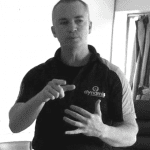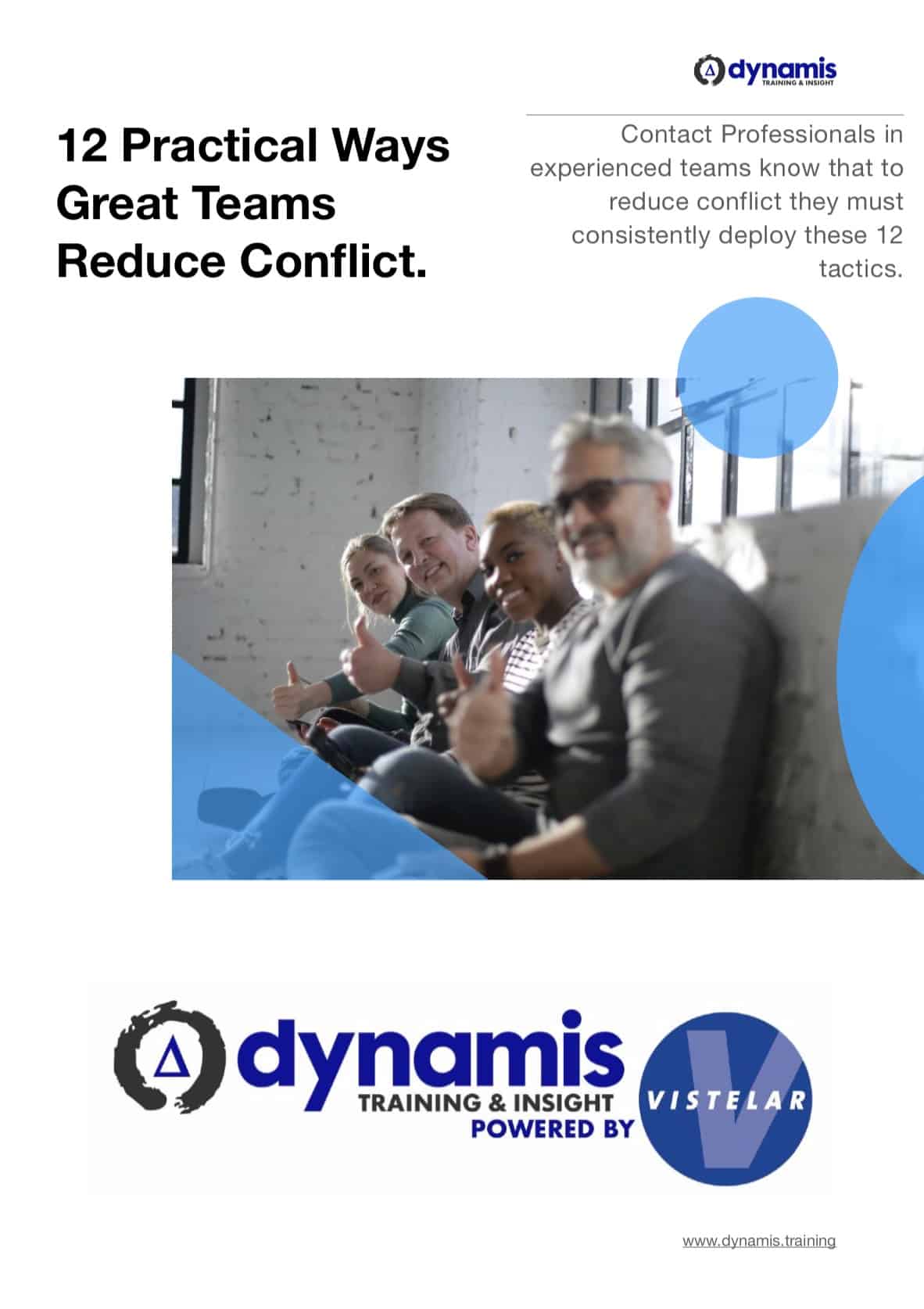Utility: “functional rather than attractive”Utility: “the state of being useful or beneficial”
- appropriate and relevant for your setting, in which they are to be used
- practical and pragmatic, so that staff feel they will be able to use them easily
- taught on a strong foundation of legally robust advice and knowledge
1: Properly Qualified, Full-Time Dedicated Trainers
Our Functional Conflict Training trainers are all full-time qualified adult education professionals – they have BTEC Level 4 qualifications in Adult Education. They all hold the BTEC Level 3 Award in Physical Restraint also, which is properly vocationally accredited by Ofqual. In addition to this though, myself and my small team of trainers are *very* experienced in the *tactics* of safely approaching, holding and keeping people safe during high-risk moments. This leads me to my second point.
2: We will answer your sometimes difficult questions about control and holding
We have been teaching staff our Functional Conflict Training material since our very first professional course in 2006 and one thing stands out from all of the feedback: usefulness. Staff who come to our training find that, because we can answer their many questions about what really happens in an incident and what are the real considerations which make up a good decision, our material is immediately useful to them in their work. Because my trainers and I know our material backwards and inside-out, you will not get a ‘parrot’ answer from the manual, but a well-considered answer in depth and from a position of real understanding.
Example:
We visited a special school in south London a few months ago where the staff had experience of all the other methods of holding and restraint. After the session, the head was extremely happy with our approach and how we helped the staff with specific child-centred solutions. Our answers go beyond the bounds of ‘what the manual says’.
3: Our Restraint-Reduction Approach
A key moment happened in September 2014 when my team and I returned to a school where we taught Functional Conflict Training a year previously. The school is a special provision and part of their team do assessments on children who may have SEN. The quote from the leader of the SEN group was as follows: “After you came last year it really made my colleagues and myself think really hard. We hardly do any restraining any more which is really good.”
We will present your staff with a decision-making framework which will really help them to make the best decisions possible about when to (or when not to) physically intervene.
4: Non-Harmful Holding Methods
We teach restraining holds called “Non-Harmful Methods of Control”. There are only a few principles to learn and we spend a lot of time in class showing how the same holds can be used in different situations or scenarios for Functional Conflict Training. Fewer holds to learn for your staff means greater retention and better performance when the pressure is on during an incident. In addition to this, the holds we teach are designed to respect dignity and treat the children with sensitivity while also being effective in creating safety.
5: Practice-Time
One point of difference in our Functional Conflict Training (perhaps) is that every attendee on our courses is given ample time to practice the holding skills and understand the principles with their own mind and body. Sometimes providers do not allow for practice time, and for the inevitable questions about how the system of holding works.
These main areas are where I believe we excel and which differentiate us from other providers. In short, many staff who have had training in other systems of intervention report that they learn more useful things when your senior management team brings in a Dynamis training specialist.
——————————————————————
Gerard O’Dea is a conflict management, personal safety and physical interventions training consultant, speaker and expert witness. He is the training director for Dynamis, a specialist provider of personal safety and violence management programmes and the European Adviser for ‘Verbal Defense and Influence’, a global programme which addresses the spectrum of human conflict. www.dynamis.training


